Protecting America's Water Infrastructure with Carbon Fiber Pipe Repair
As the weather warms up across the country, water demand increases significantly. However, this season also brings shifting soil conditions and freeze-thaw cycles that can be tough on underground pipes. In Milwaukee, Wisconsin, the Department of Public Works has been facing challenges due to these environmental factors. Corrosion and cracking have led to the temporary closure of local water treatment plants and a repair cost nearing $2 million.A Recent Pipe Emergency and Costly Repairs
In the past month, a major 72-inch diameter PCCP (Pre-Stressed Concrete Cylinder Pipe) began leaking between Milwaukee’s Texas Ave and Howard Ave treatment plants. This leak forced the shutdown of the Texas Avenue plant, and the Howard plant had to stop operations as it relied on water from the Texas Ave pumping station. The leak was caused by two 5/8-inch cracks, which were quickly repaired. However, further inspection revealed multiple areas along the 250-foot pipeline with similar corrosion issues. To address this, the city decided to use carbon fiber lining for a full repair. This solution offers better corrosion resistance and long-term durability, providing a more permanent fix than traditional methods.The Growing Challenge of Leaking Pipes in America
It's a well-known issue that about 7 billion gallons of drinking water are lost daily in the U.S. due to leaking pipes. As our infrastructure ages, many pipes are deteriorating and becoming unreliable. While regular maintenance and replacement are planned, emergency repairs can be extremely costly—up to 300% more expensive. The American Society of Civil Engineers gave the nation's drinking water infrastructure a "D" grade in its 2013 report card, highlighting that much of the system is reaching the end of its useful life. Emergency PCCP repairs are now a common problem nationwide.Innovative Carbon Fiber Solutions for Pipe Repairs
In Florida, a county faced an urgent situation when a large-diameter PCCP pipe started corroding and leaking. Several sections, including three 54-inch and four 48-inch pipelines, had previously been repaired using composite materials that eventually failed, allowing moisture to penetrate the concrete and damage the steel wires inside. This led to severe corrosion and compromised the pipe's ability to maintain its operating pressure of 150 psi. HJ3’s carbon fiber pipe repair system was selected to restore the pipe to its original strength and prevent future corrosion. The damaged sections were carefully prepared, removing all loose material and coatings. Then, the pipelines were primed, and CarbonSeal™ carbon fiber was applied to the interior, ensuring complete coverage.Cost Savings, Sustainability, and Long-Lasting Results
The CarbonSealâ„¢ system repaired the damaged pipe within just a few days, avoiding costly downtime. The pipeline was restored to its intended pressure, and the carbon fiber repair eliminated the need for future maintenance. The county saved over $1 million compared to replacement costs and made a significant environmental impact. The project prevented 5 tons of concrete and 1 ton of steel waste from landfills. It also saved 12 tons of CO2 emissions, 50,000 kWh of energy, and 60,000 gallons of water.Discover Carbon Fiber Solutions for PCCP Repair
If you're dealing with corroded PCCP and looking for a reliable repair solution, contact HJ3’s project managers today to learn more about their advanced carbon fiber systems.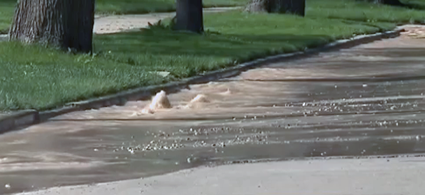
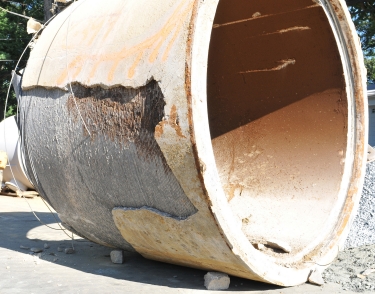
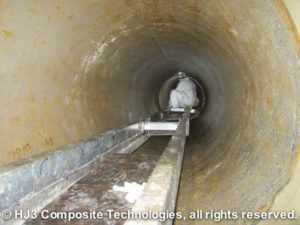
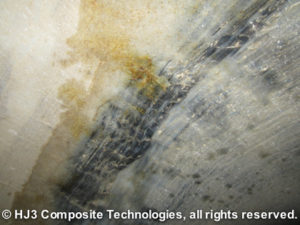
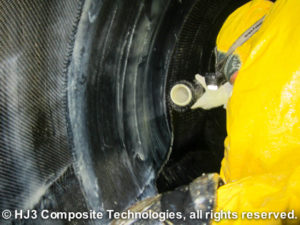
Full DC Inverter Condensing Unit
Full Dc Inverter Condensing Unit,Refrigeration Condensing Unit,Mineral Water Unit,Dc Compressor Condensing Unit
TAIZHOU NANFENG COLD-CHAIN CO., LTD , https://www.windpolar.com
![<?echo $_SERVER['SERVER_NAME'];?>](/template/twentyseventeen/skin/images/header.jpg)